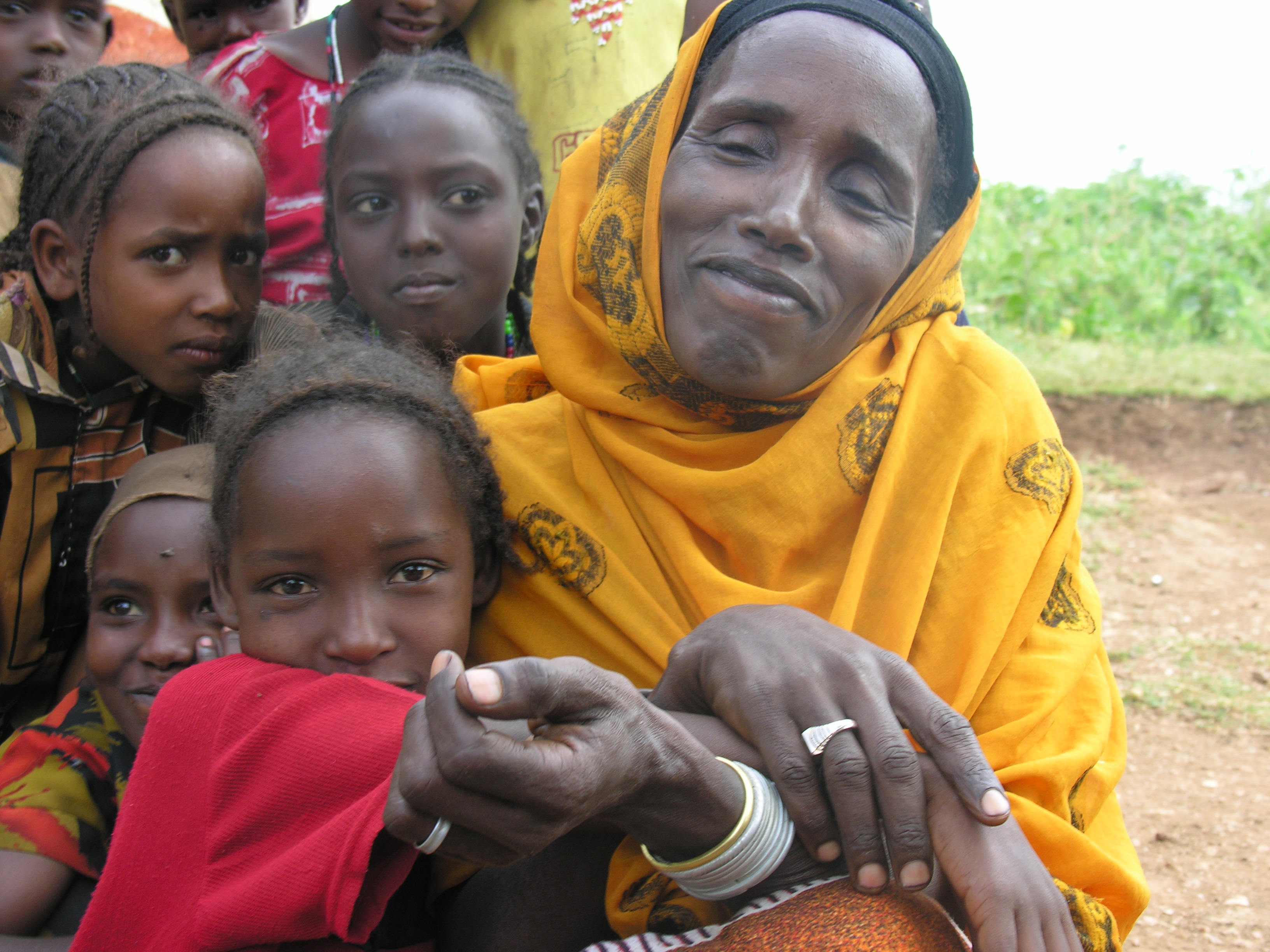Working Mothers

A news story earlier this month reported that women in the US may be about to reach a turning point, thanks to the recession. For the first time in history, more of them will be employed than men. But it’s not because women are suddenly flocking to the job market and landing fabulous opportunities. It’s that men are getting laid off in great numbers—while women hold onto the lower-paying jobs they’ve always had.
When I read that story I thought ah, how like the rest of the world the mighty US is becoming. Here, as in many developing countries I’ve visited with Oxfam, women are shouldering the burden of keeping their families together—both financially and domestically. More than a handful of women I know, myself included, have become the chief bread winners in our households.
I count myself lucky to have a husband who’s a better mother than I am and attentive to all the child-rearing details that I would let slide, so I’m not feeling slammed by the recession the way other women might be. I’m covered on the home front.
And for me, there’s a silver lining to all of this, too: I think I can understand, just a little better now, the lives of some of the women I’ve met in Ethiopia, Sri Lanka, and Sudan. For them, culture and circumstance have made them the lifeblood of their families. They are provider and nurturer, field hand and cook, elder and mother. For them, so much is at stake: Everything.
I felt that keenly last summer when I visited the home of Dabo Huka in Boru Gedo, a tiny village in southern Ethiopia, where cycles of drought make living hard. Wrapped in a pumpkin yellow shawl, she talked about the blindness that had beset her husband three years before and her days that now begin before dawn—sometimes as early as 4 a.m. when she has to fetch water or collect firewood to sell so her family will have food. She looked tired as she spoke, until her children wrapped themselves around her. All afternoon one of them, Tume, stayed at her mother’s side, pressed into Dabo’s shawl as they sat, holding her hand as they walked—a closeness that said everything, a closeness that made me long for my own children as the world I now inhabit pulls me further from them.